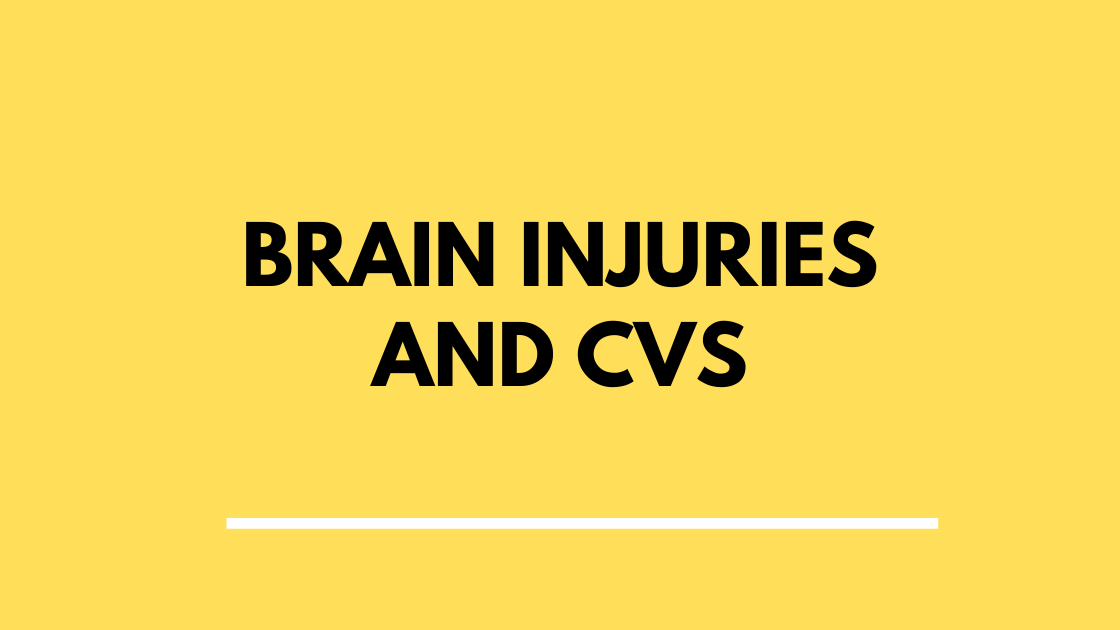This is a guided email-based program designed to help you make significant progress in your career over the span of a 90 days.
Through a series of emails, tasks and resources, you will gain clarity, develop skills, and take action towards your career goals.
You’ll receive an email every 3 days sharing tips, strategies and insights into developing your career and changing jobs.
You can also follow on YouTube if you prefer to watch videos — or both! The choice is yours!
Read More




















